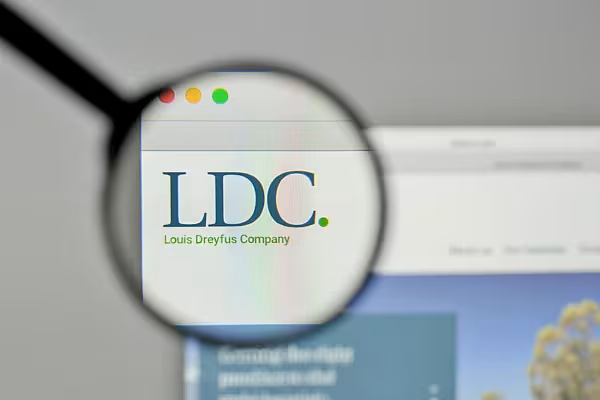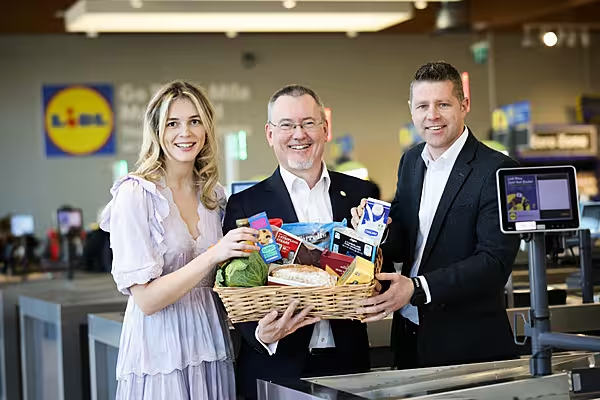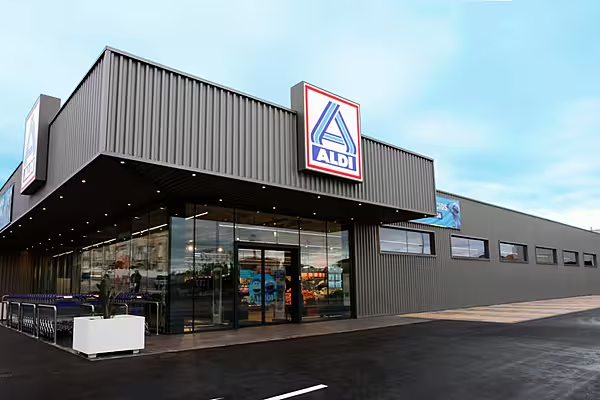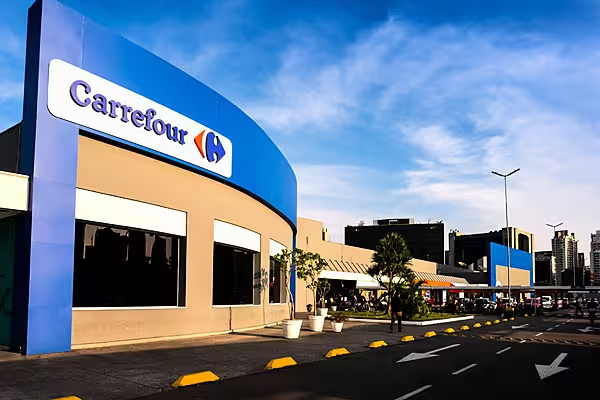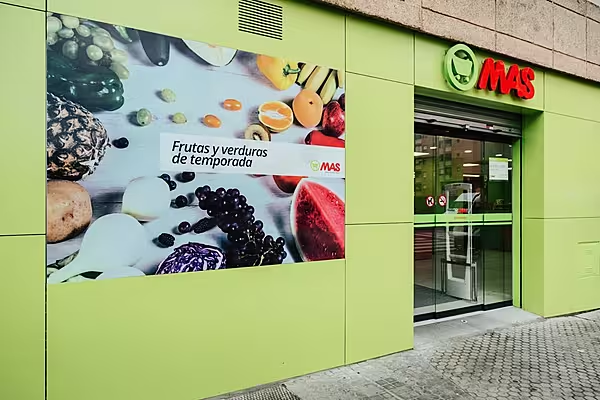The acquisition of a stake in commodity merchant Louis Dreyfus Company (LDC) by Abu Dhabi's ADQ is an important part of the emirates' food security strategy, food and water security minister Mariam bint Mohammed Saeed Hareb Almheiri said.
LDC agreed in November to sell a 45% stake to the state-owned holding company, the first outside investment in the family-owned commodity merchant's 170-year-old history.
The deal, which is expected to close by mid-2021, includes a long-term supply agreement to sell agricultural commodities to the United Arab Emirates, the companies said.
"It is important as a country that is importing a lot of food that we have a handle on some of the supply chain aspects," the minister said in an interview.
Acceleration Of Investments
LDC's main shareholder Margarita Louis-Dreyfus said that the ADQ deal would enable the acceleration of investments as the commodities trader reported a 66% jump in 2020 net profit.
Almheiri said the 2008 food price crisis, when import bills soared and millions were pushed into hunger and poverty across the globe, was a "wake-up call" for the UAE and food security was a national priority.
The emirates have built strategic grain silos at the Port of Fujairah with the capacity to hold 300,000 tonnes of grain.
She said these are about 60 to 70% full, allowing for an expected increase in use as the UAE expands its food processing sector.
Expertise
Agri-technology, meanwhile, is playing a key role in boosting locally grown crops although self-sufficiency has so far only been achieved for dates and cucumbers.
Almheiri said UAE agri-tech start-ups such as Pure Harvest and Smart Acres have helped to provide locally grown produce while finding new ways to use water more efficiently.
"The UAE is known as a global hub for food trade and...we have the ambition to become a hub for knowledge and expertise," she said, citing the expansion of tomato producer Pure Harvest into Kuwait and Saudi Arabia as an example of how knowledge was being exported.
Challenges
She said one of the first challenges was to decide which crops were commercially viable. The county grows blueberries, raspberries, strawberries, quinoa and kale, while fish farms provide salmon, sea bass, sea bream and oysters.
"We know that not everything can be grown in the UAE, it doesn't make commercial sense," Almheiri said, citing grains as an example.
Almheiri said the UAE had so far coped well during the COVID-19 pandemic.
"There haven't been any shelves empty of any of the main food items. We have a little bit less asparagus but this is not an item that has to be there all the time," she said.
